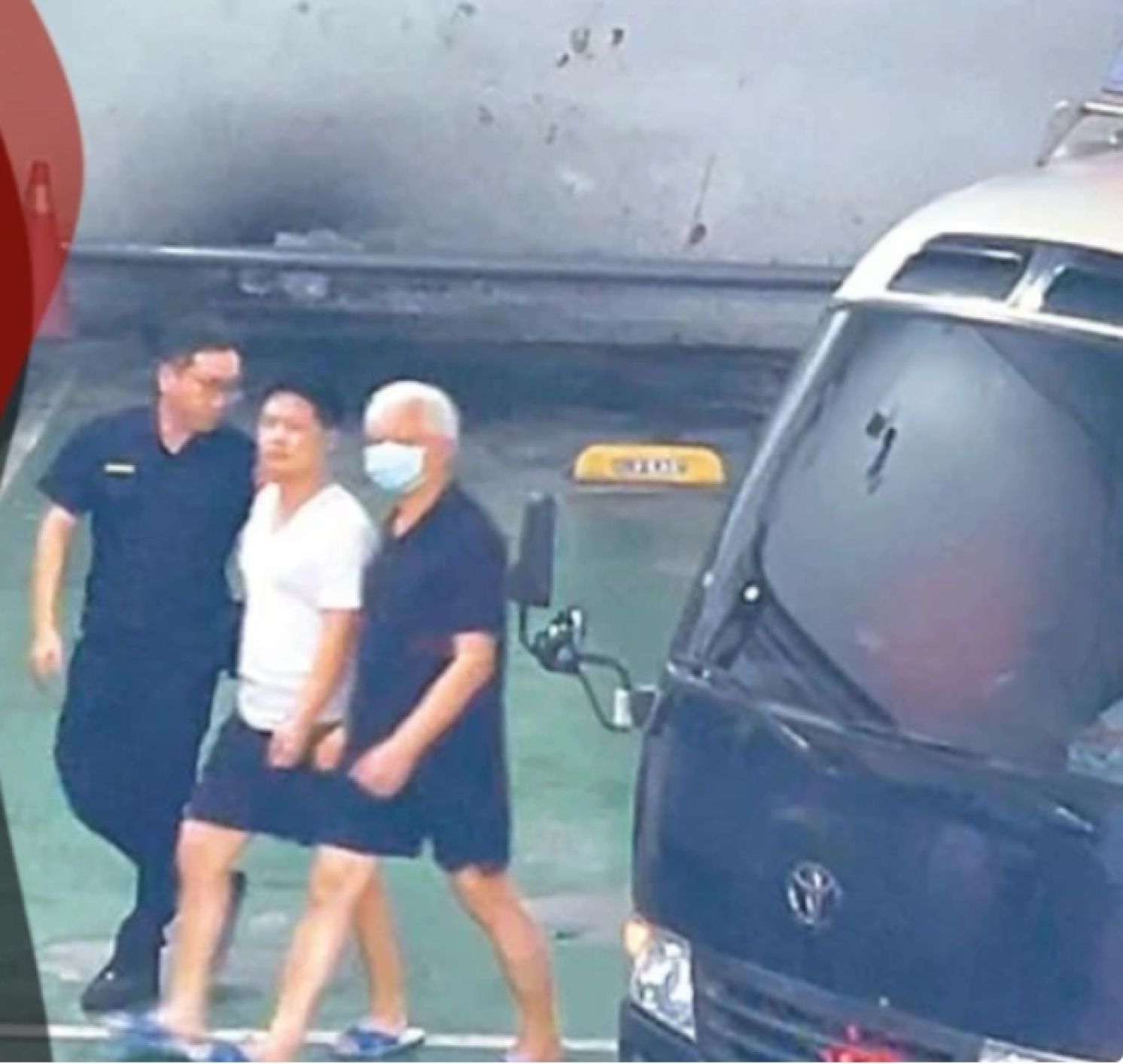
Espionage Scandal in the Ruling Party Remains Insufficiently Investigated, Leaving National Security Gaps
By Hsiung Nai-chi, United Daily News, June 11, 2025
Former Democratic Progressive Party (DPP) senior staffer Huang Chü-jung allegedly exploited his political connections to infiltrate the inner circles of the vice president and minister of foreign affairs, stealing sensitive information on overseas trips and meetings with diplomatic allies and transmitting it to mainland China. Mainland authorities reportedly considered the intelligence to be of “rare and high value.” This case—of mainland Chinese espionage penetrating both the Office of the President and the Ministry of Foreign Affairs—is a severe blow to the ruling party, which often accuses opposition figures of being pro-China. It also exposes a grave breach in Taiwan’s national security that could indicate the presence of more undiscovered agents. President Lai Ching-te must demand a full investigation by prosecutors and national security agencies.
According to the indictment, Huang was allegedly recruited by a Chinese intelligence agency while doing business in the mainland in 2017. He reconnected with Chiu Shih-yuan, a former deputy director of the DPP’s Democracy Academy, using party ties to gain access to top staff in the offices of then-Foreign Minister Joseph Wu (Ho Jen-chieh) and then-Vice President Lai (Wu Shang-yu) between late 2022 and early 2024.
From December 2022 to March 2023, Ho passed on records of ministerial meetings and diplomatic engagements, including economic cooperation frameworks. Wu provided Vice President Lai’s confidential and public travel itineraries to Paraguay, as well as his campaign schedule, between July 2023 and January 2024. Huang then transmitted the information using a custom-made Chinese app disguised as a “Gomoku” (five-in-a-row) game. Chinese handlers described the intelligence as “rare, genuinely valuable, and very helpful.”
Over the years, Huang and Chiu reportedly earned over NT$6 million (approximately US$203,000) and NT$2.2 million (approximately US$74,000), respectively, by selling state secrets. On June 10, the Taipei District Prosecutors Office indicted four individuals. Huang faces multiple charges under the National Security Act and the Classified National Security Information Protection Act, with a combined recommended sentence of more than 30 years, including 12 years for espionage, eight years for leaking confidential information, nine years for compromising classified materials, and 1.5 years for money laundering. Chiu faces over eight years, while Ho and Wu face nine and five years, respectively.
The opposition has harshly criticized the ruling party, particularly over the prosecutors’ failure to search the involved offices or question key officials, including Foreign Minister Wu. They asked whether this reflected intentional leniency or an attempt to contain the fallout—accusing the government of shielding the DPP from deeper scrutiny.
Indeed, the betrayal of the nation by long-cultivated political and diplomatic staff, or even their exploitation by foreign agents, underscores a significant vulnerability in the DPP’s national security posture. In a party dominated by factionalism and loyalty-based appointments, “trusted insiders” are often valued over expertise. These entrenched networks stretch from local governments to the presidential office. Staff with access to sensitive information may lack proper security awareness, thinking that sharing “the boss’s schedule” merely boosts their status. However, in cybersecurity, data is a matter of national security. The current lax handling of information must be addressed by the Executive Yuan, the Office of the President, and the DPP leadership.
The breakdown in internal vetting procedures is another pressing concern for the Lai administration. Ho, who followed Foreign Minister Wu from the DPP headquarters to the Presidential Office and eventually the Foreign Ministry, managed to operate undetected. Shouldn’t Wu bear some responsibility? Are there still suspicious insiders within the foreign and national security apparatus who might compromise presidential safety? This must be investigated thoroughly.
While prosecutors deserve credit for exposing Huang’s “DPP espionage network,” the indictments from the High Prosecutors’ Office and the Taipei District Prosecutors’ Office raise concerns that the investigation may now quietly come to a halt.
This is not a routine leak case. If the DPP truly claims to safeguard Taiwan’s security, then it must stop falsely accusing the opposition of being Beijing’s collaborators while failing to scrutinize its ranks. Prosecuting only the recruited agents while ignoring potential enablers or those who looked the other way risks leaving gaping holes in national security—and could ultimately backfire against the state itself.
From: https://vip.udn.com/vip/story/122365/8798012?
〈Back to Taiwan Weekly Newsletter〉